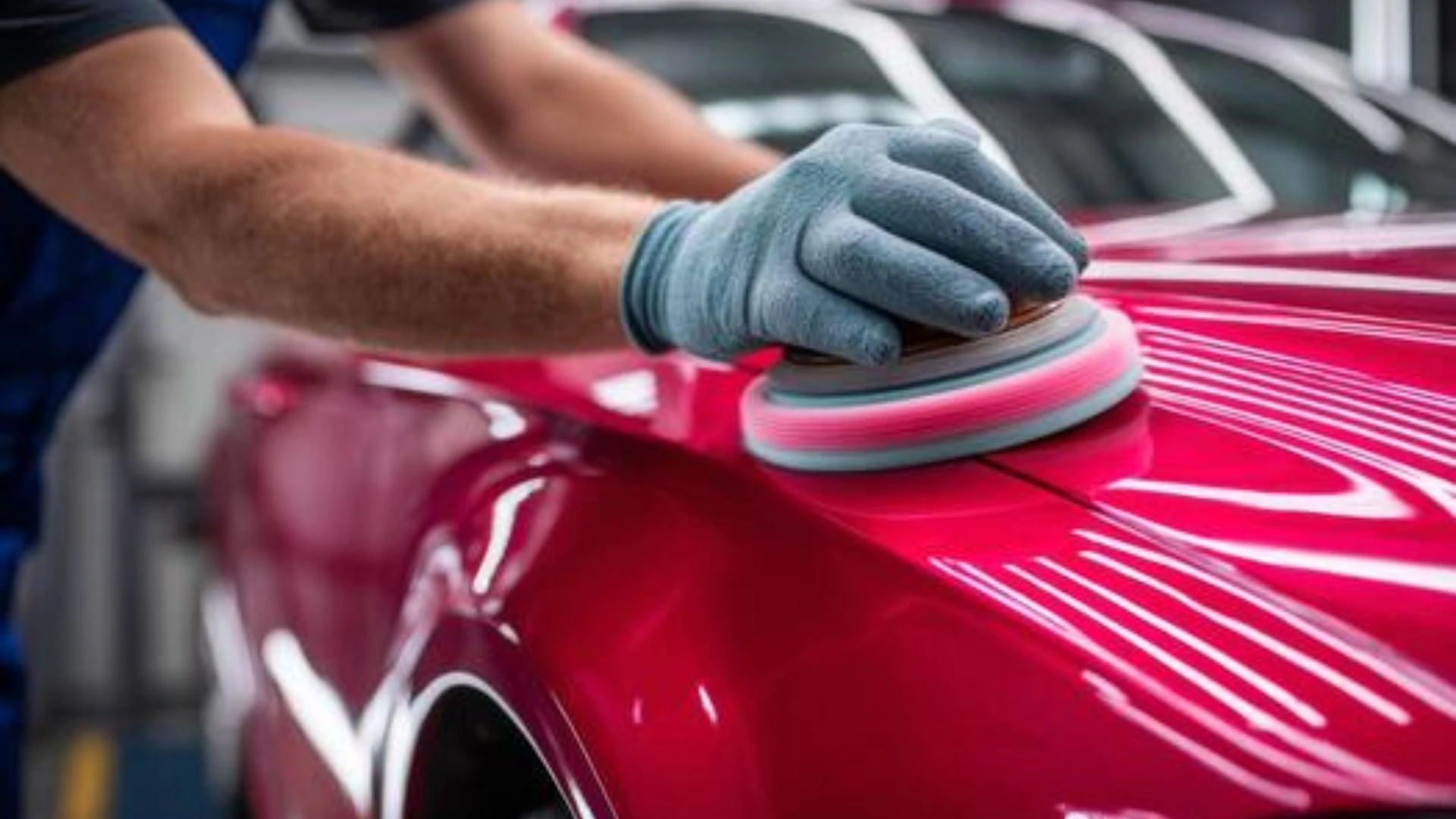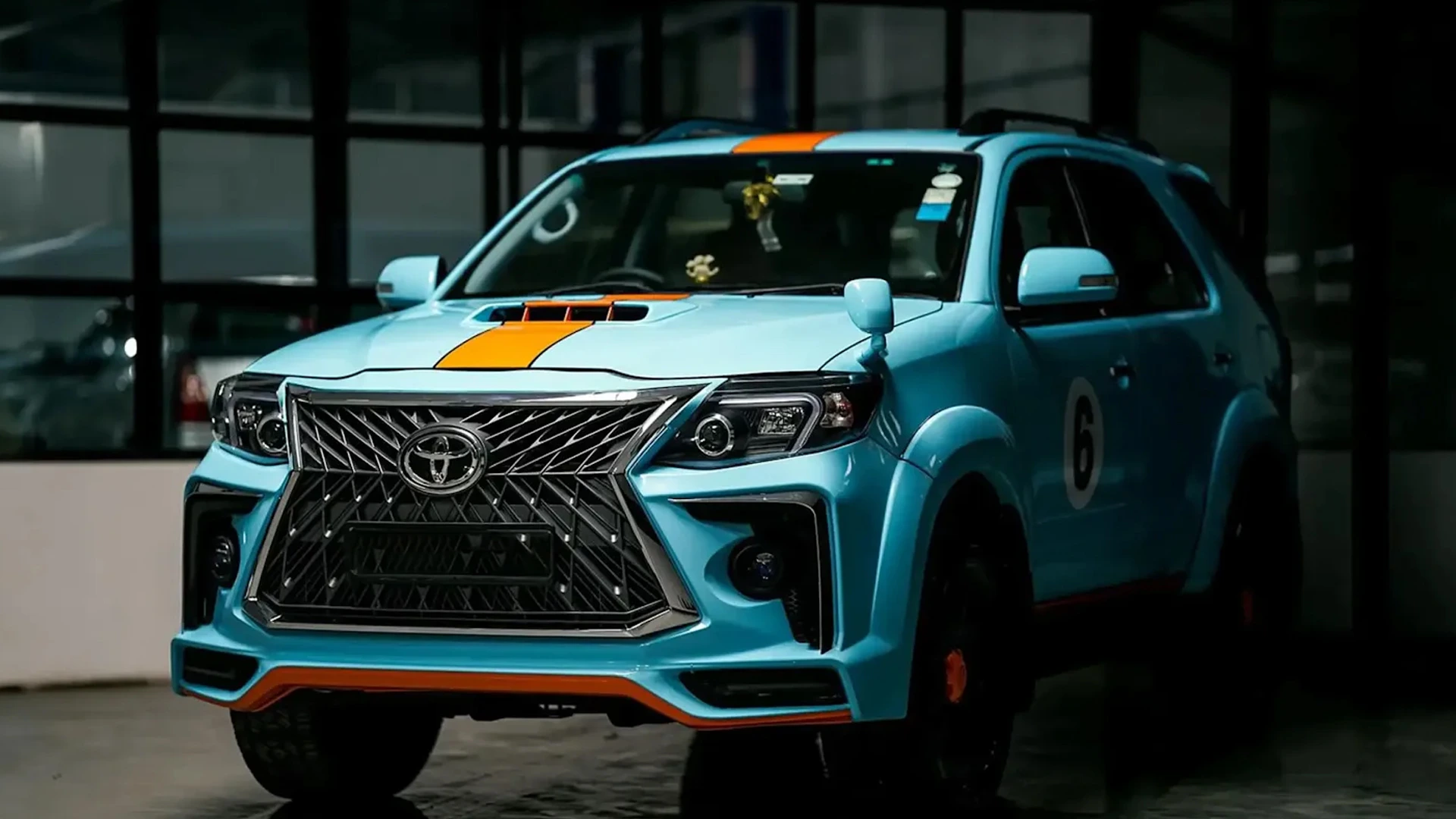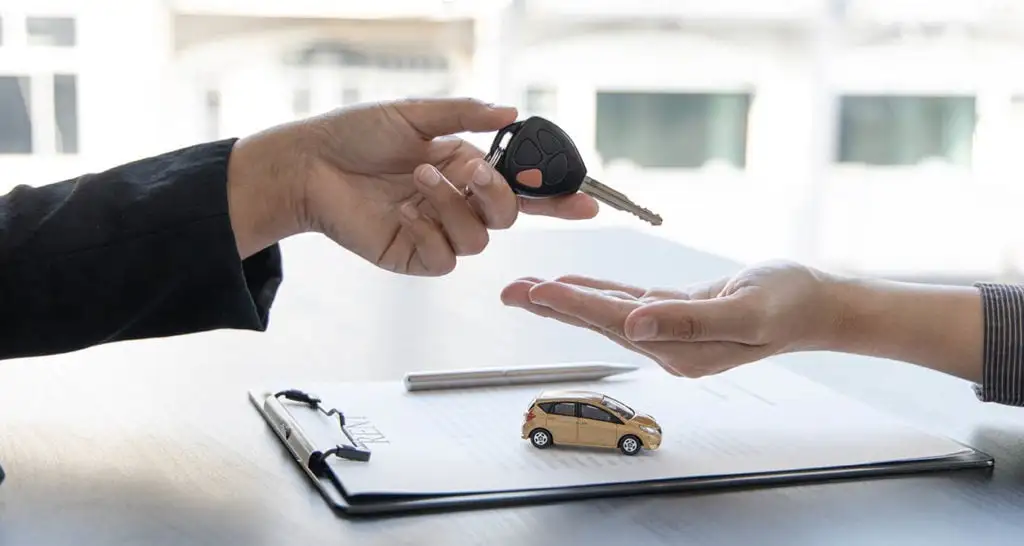
Table of Content
▼Using public transportation is a great way for commuters to save money while helping to improve the environment. You should not determine your affordability by just looking at the monthly payment for any car. The truth is that the monthly payment is just a small portion of the total cost of owning a car, and the additional expenses can be even greater. Therefore, to determine affordability, you need to find out the real cost of owning a car, i.e. the cost needed to upgrade from public transportation to a car.
But how to determine the real cost of owning a car? We need to know that vehicle expenses fall into 3 categories. The first is the one-time cost. The second is the ongoing cost and the third is the emergency cost. Purchase price, registration fees, sales tax, and more are one-time costs for any vehicle. Ongoing costs include insurance, routine maintenance, fuel, driver costs and depreciation, among others. Costs such as towing and repairs fall into the category of emergency costs. All of these costs must be taken into account while arriving at the real cost of vehicle ownership.
Suppose, for a Rs 8.5-lakh car, you are planning to take a Rs 7-lakh car loan at an interest rate of 7.5% per annum for 5 years. In this case, your monthly car installment will be around Rs 14,027 (assuming all other charges are zero). Then assume that your monthly expenses on fuel, parking and driver are perhaps Rs 3,000, Rs 1,500 and Rs 10,000 respectively. If we add to this the average monthly maintenance and consumption, the total amount of all these expenses will be around Rs 29,000. Let's assume again that you spend Rs 10,000 on public transport (e.g. car). Therefore, the cost of switching from public transport to a car in this case would be Rs 19,000 per month, i.e. the difference between the total monthly cost associated with owning a car and using public transport.
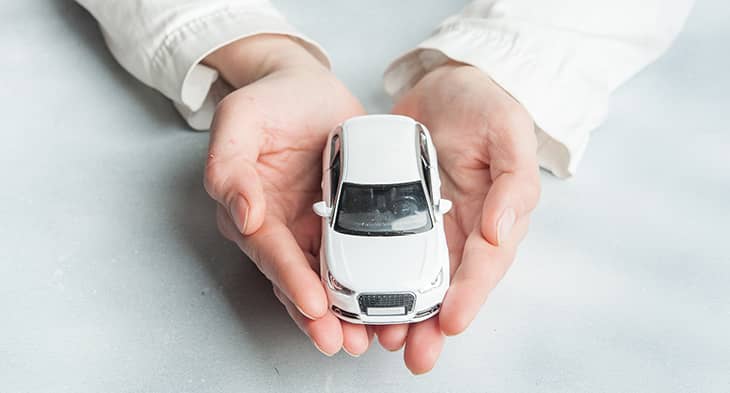
There is no doubt that the cost of car ownership will decrease if you decide to increase the loan term. For example, if the tenure period is increased to say 7 years, the monthly installment will be reduced by Rs 3,290 per month to Rs 10,737, but the total interest payable will increase by Rs 60,297 to Rs 2,01,891.
Likewise, if you decide to drive yourself, you will again save on the cost of the driver. However, the cost of owning a car will be significant compared to the cost of traveling by public transportation, and this cost will increase even more if you plan to buy a more expensive car. But it depends on their affordability.
The other factor is the distance that must be covered daily. Sometimes the travel distance is so long that you may prefer to travel by your own car. The routes and frequency of public transportation are also important. Therefore, if you live in a remote area where there is a lack of public transportation, you may have to pay an additional upgrade cost for your convenience.
Whatever the case, financial experts say that buying a car is one of the most important moments in our lives. Therefore, “caution should be exercised before going ahead with this expensive purchase. If your income channels are not affected by the pandemic and you are planning to buy a car on loan, ensure that your total debt obligations (i.e. car loan EMIs + loan EMIs combined) do not exceed 40% of your monthly household. Enter. You can do this by staying within your budget or choosing a cost-effective car or even a used car. “These practical measures will go a long way in ensuring you continue to enjoy your car without exerting undue pressure on your finances,” says Adhil Shetty, CEO, BankBazaar.com.
That being said, one must realise cars are depreciating assets which involve a number of periodic expenses apart from the EMIs, such as insurance premiums, fuel, maintenance and parking fees, which could be both fixed or variable in nature.
To understand the total monthly expenses of owning a car, let's take an example again. Assume a petrol car worth Rs 15 lakh is purchased with a 10% car loan covering 80% of the LTV for 7 years. Please note that actual variable figures may vary significantly depending on your lifestyle, use, type and condition of your vehicle, among other considerations such as applicable fuel prices, parking and maintenance costs, etc.
We still have to include other costs, such as depreciation and the driver's salary, if you want to hire a driver!
Also Read: Car care tips to keep your vehicle in great shape
Aakash Mehra
Automotive Journalist & Car Reviewer. Aakash Mehra is a seasoned automotive journalist with over 9 years of experience in car journalism and consumer-focused reviews. Having test-driven more than 550+ vehicles, he delivers detailed comparisons, expert insights, and unbiased advice to help readers confidently choose the right car.
_1771411501.webp)
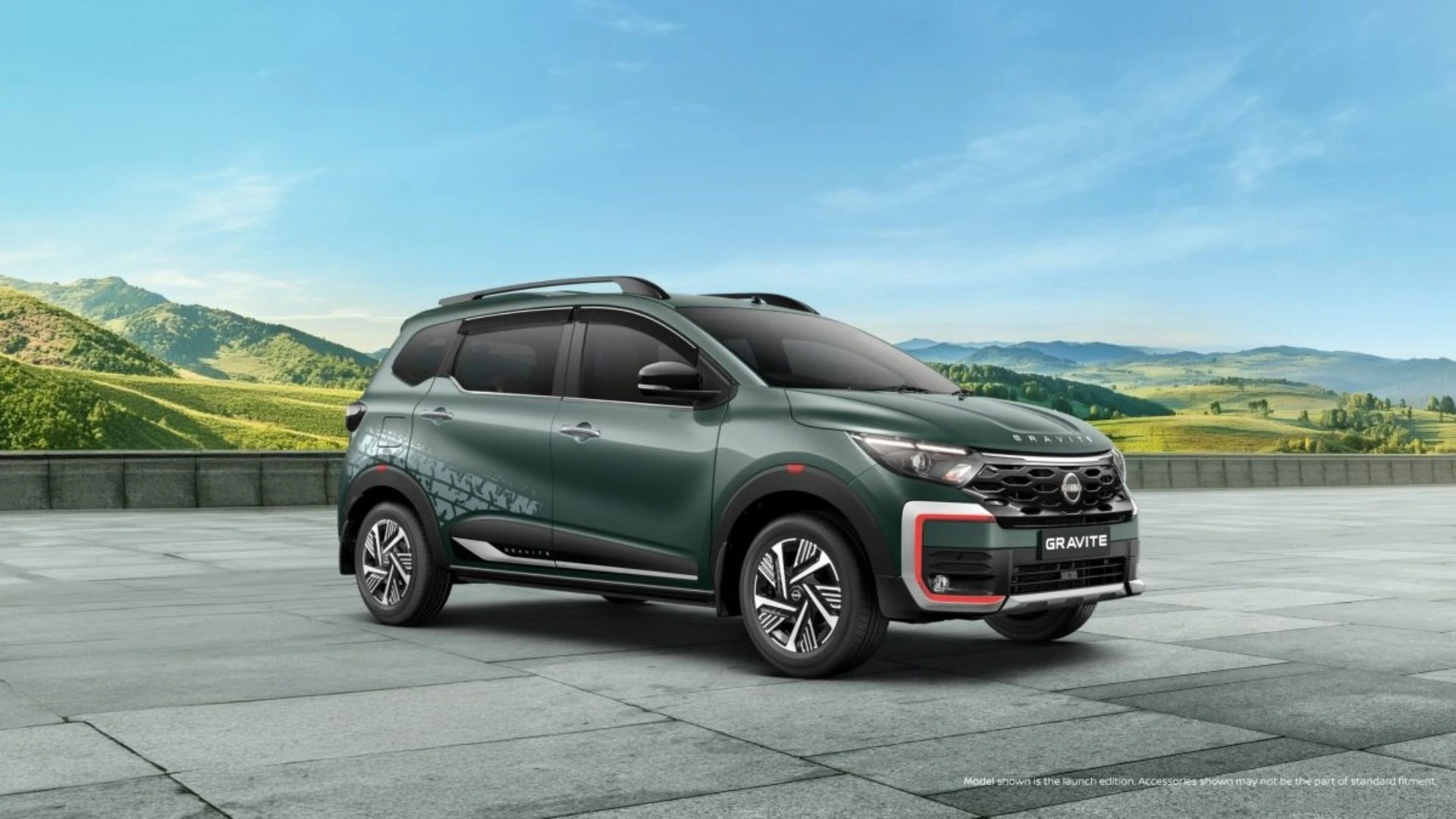
_1770807147.webp)
